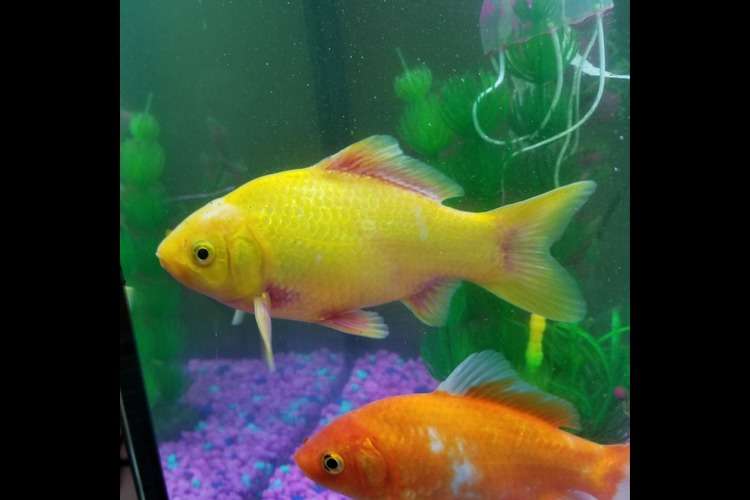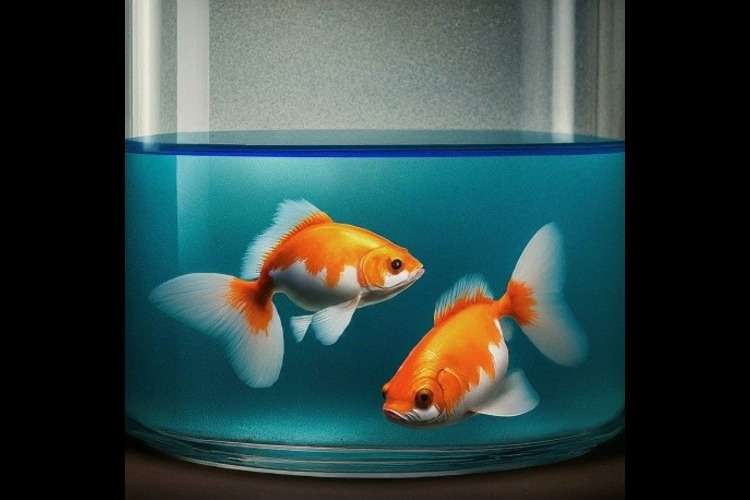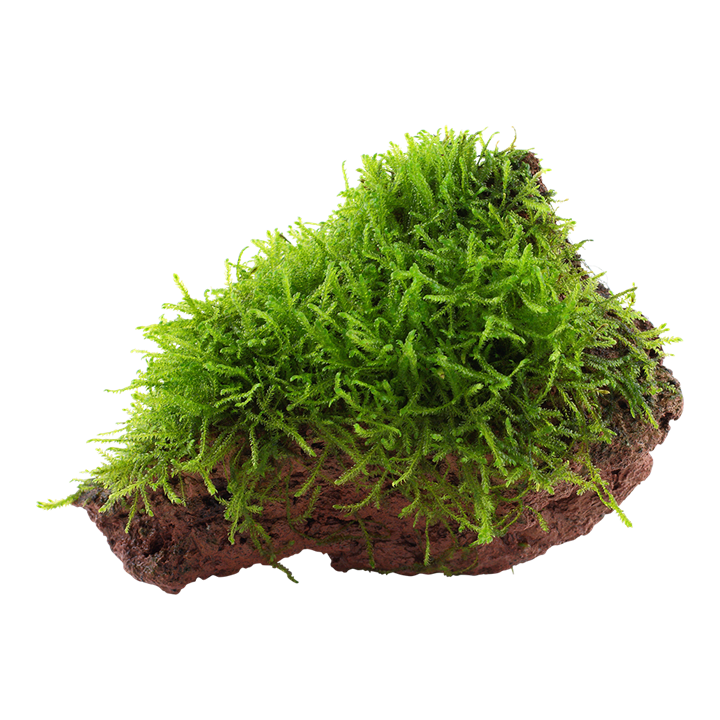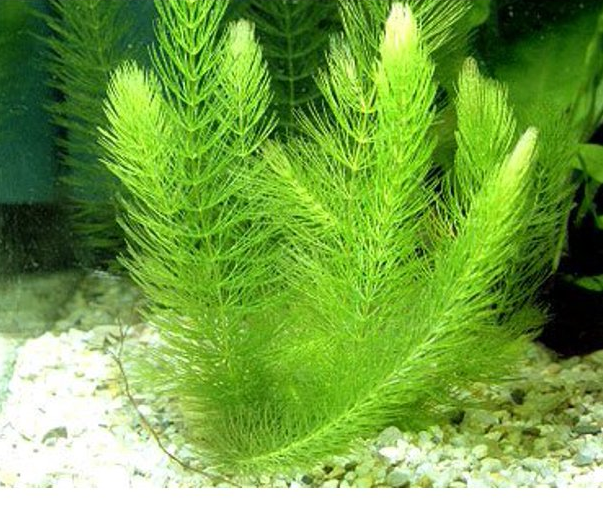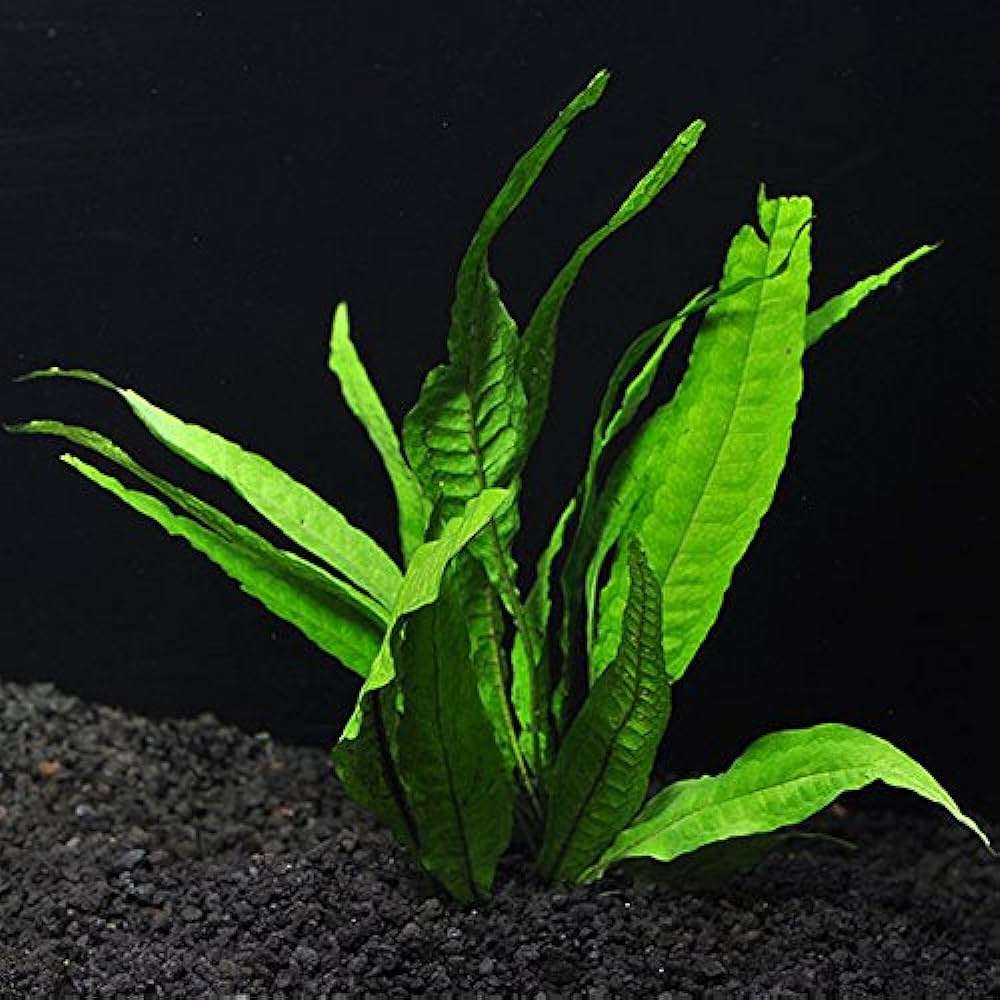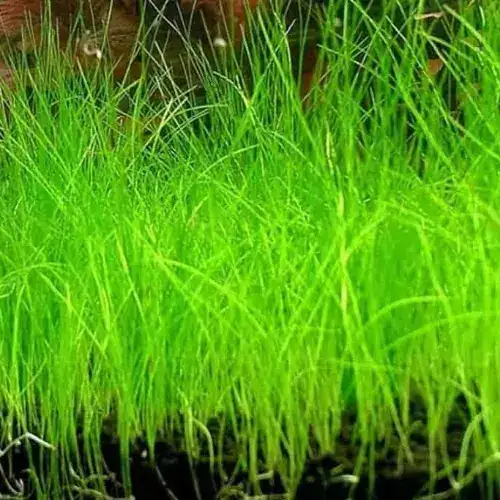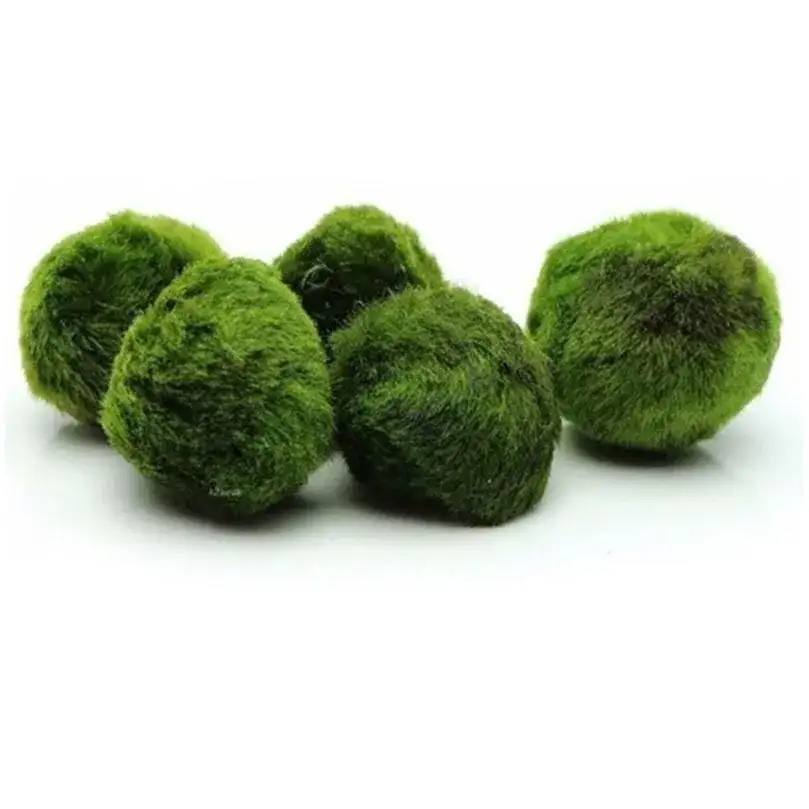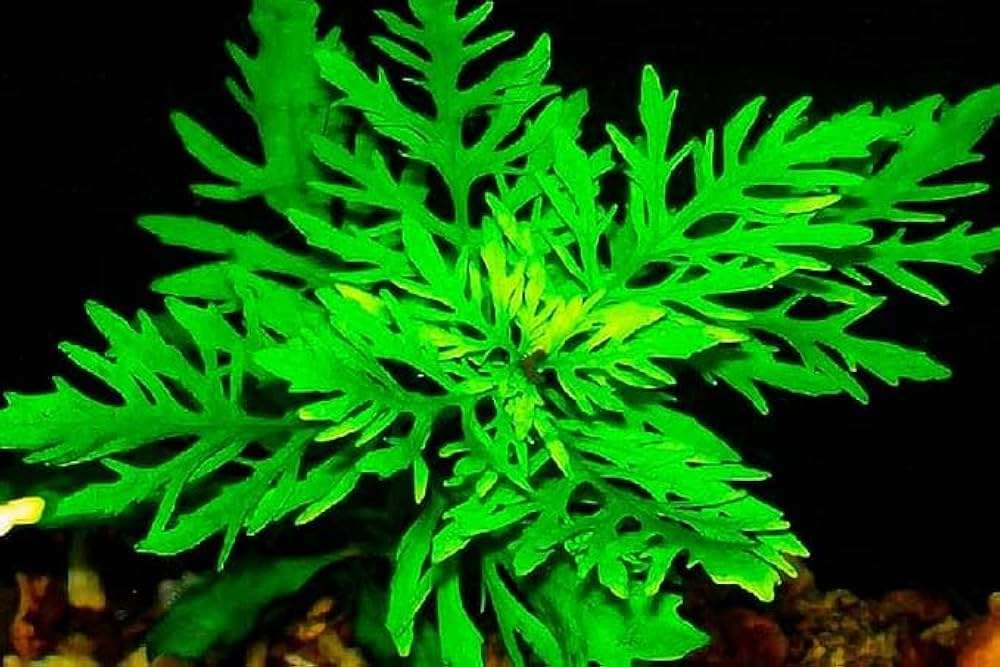Discus Fish Health: Prevent & Treat Common Diseases
Learn to prevent and treat common diseases in discus fish. This guide offers tips on water quality, diet, stress management, and effective treatments for healthy fish.
Table of Contents
- Importance of Water Quality
- Common Conditions in Discus Fish and Their Treatments
- How to Prevent Discus Fish Disease
- Regular Checks on Health Status and Observation
- When to Consult a Vet
- Faq
- Conclusion
The discus fish, with their flashy colors and strangely round shape, is popularly referred to as the "king" in the realm of freshwater aquariums. But with extreme beauty comes extreme care-core health care. Fragile by nature, these fishes suffer from a severe array of diseases that rob them of their colors and vitality. In such regards, we will discuss the common diseases of discus fish, preventive measures, as well as curable ones.
1.Importance of Water Quality
Water quality is vital in maintaining the health of your discus fish. These fishes are highly sensitive to fluctuations in water parameters; poor water quality makes them susceptible to many diseases.
Water parameter levels to maintain:
Temperature: Discus are comfortable in warm waters, ideally between 82-86°F (28-30°C).
pH: They are comfortable in waters slightly acidic to neutral: 6.0-7.5.
Hardness: Discus prefer soft water (below 10 dGH).
Ammonia/Nitrite/Nitrate: Ammonia and nitrite should be at zero; nitrates should not exceed 20 ppm.
The regular change of water, good filtration, and frequent testing of your water will ensure that your discus are in good health and disease-free.
2.Common Conditions in Discus Fish and Their Treatments
If left untreated, several diseases can affect discus fish. The following are the most common conditions and how to treat them:
Ich (White Spot Disease)
Ichthyophthirius multifiliis is one of the most common ailments that affect discus fish and is often known as ich or white spot disease. This parasite forms small white cysts on the skin, fins, and gills of the infected fish. Symptoms show by the fish rubbing against objects and being lethargic.
Treatment: · Raise the water temperature to 86°F (30°C) to speed up parasite lifecycle.
· Anti-parasitic medication treating against ich.
· Continue doing water changes normally to dislodge the parasites from the tank.
Hole-in-the-Head Disease
Hexamita is a protozoan parasite that creates lesions or "holes" in the head region of a fish. It is usually linked to low water oxygen levels and excessive stress.
Treatment: · Improve water quality and seamless water conditions.
· Depower on its own with anti-protozoan medication to rid itself of the infection.
· Some aquarists put in garlic to fish food, to perk up the immune system.
Flukes
Flukes are parasitic flatworms that attach to the skin and gills of discus fish, resulting in gill irritation and excessive mucus production. Infected fish may exhibit fast gill movement and labored breathing.
Treatment: · Anti-parasitic medications specifically directed against flukes.
· Properly cleaned water and reduced stresses.
Bacterial Infections
The frayed fins, swellings, or open sores on the body of the fish demonstrate bacterial infections such as fin rot. Often, low water quality and lousy maintenance are responsible for the infection.
Treatment: · Treat with antibiotic medications directed at freshwater fish.
· Address the primary causative factor behind the infection by bettering the water quality and tank hygiene.
3.How to Prevent Discus Fish Disease
Preventing is more important than curing. There are a few key points to keep in mind to minimize the risk of disease occurrence.
Keeping the Water Condition Stable
As sensitive fish, discus are prone to any change in water quality and thus require a constant environment. The purchase of a proper filtration system should be a necessity; also, it is necessary to test the water for ammonia, nitrite, nitrate, pH, and hardness on a regular basis.
Have a Stress-Free Environment
Stress only makes the immune system of the discus fish weaker; hence these fish have a higher chance of getting attacked by diseases. Stress may be reduced by:
· Avoid puppet-overloading your tanks.
· A lot of hiding places and plants.
· Move the tank out of high-traffic and noisy areas.
· Keep water parameters stable and avoid rapid changes.
Feed Quality Foods
With a quality diet, you can enhance the immune response of your discus fish and keep them healthy. The best diet is high-quality pellets and flakes, brine shrimp, bloodworms, and daphnia. After that, consider variety. Your fish must obtain some of their protein from meaty food and some from plant-based foods.
Quarantine Incoming Fish
As a quarantine practice, fish should be kept separate for at least two weeks. You really do not want to introduce diseases into a tank that has already established fish. They may look normal, but fish can carry parasites or bacteria that are not obviously or immediately visible.
4. Regular Checks on Health Status and Observation
Regular attention to your discus fish allows for the better detection of health problems at an early stage. Observe for symptoms like:
· Abnormal swimming patterns
· Loss of appetite
· Visible lesions or spots
· Rapid gill movements
· Lethargy
If you ever find these signs, act immediately to disconnect the disease from spreading.
5.When to Consult a Vet
If you note that your discus fish show signs that are progressing or becoming unresponsive to treatments, whether such signs become more severe or much worse very quickly, consult a veterinarian or an experienced fish keeper. Early treatment is very important in preventing chronic illness or loss of fish.
6.Faq
1.Why are discus fish sensitive?
They need stable water conditions and are prone to stress, weakening their immunity.
2.Ideal water parameters for discus fish?
• Temperature: 82-86°F
• pH: 6.0-7.5
• Hardness: Below 10 dGH
• Ammonia/Nitrite: 0; Nitrate: <20 ppm
3.How to prevent diseases?
Maintain water quality, reduce stress, feed a varied diet, and quarantine new fish.
4.Common diseases in discus fish?
Ich, Hole-in-the-Head, Flukes, and Bacterial Infections.
5.How to treat ich?
Raise temperature to 86°F, use anti-parasitic meds, and do water changes.
6.Treating Hole-in-the-Head?
Improve water quality, use anti-protozoan meds, and enhance diet with garlic.
7.Signs of stress in discus fish?
Erratic swimming, loss of appetite, fading colors, and rapid gill movements.
8.Best diet for discus fish?
High-quality pellets, flakes, brine shrimp, bloodworms, and plant-based food.
9.Why quarantine new fish?
To prevent introducing hidden parasites or diseases into the main tank.
10. When to consult a vet?
If symptoms worsen, persist, or treatments fail.
11. Long-term health tips?
Maintain water stability, observe for illness, reduce stress, and act quickly.
7.Conclusion
Caring rightly for discus has a lot to do with not neglecting the small things which can go a long way in disease prevention and treatment. Beyond water conditions, feeding them right, and responding to their health concerns early shall see to it that they flourish. Remember prevention is as important as treatment, and your care is a trigger for the well-being of your beautiful discus.



